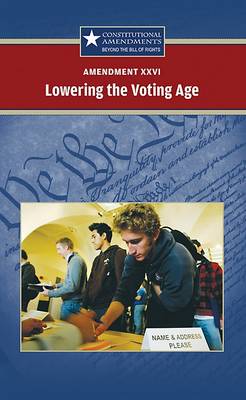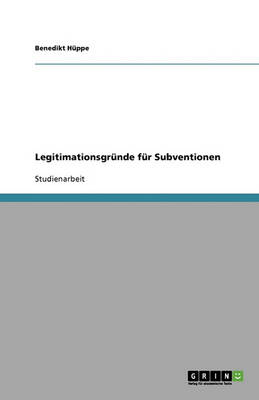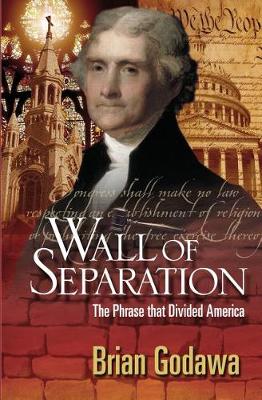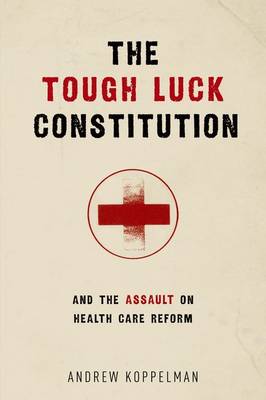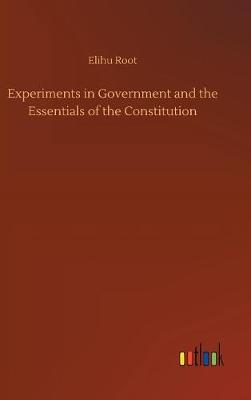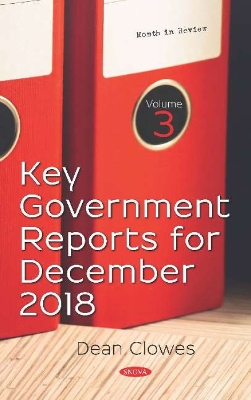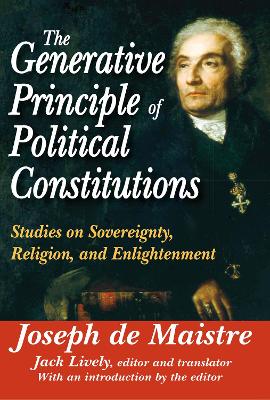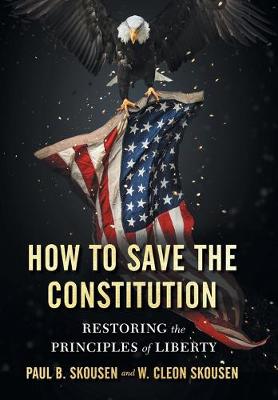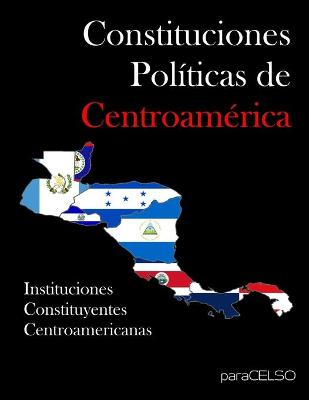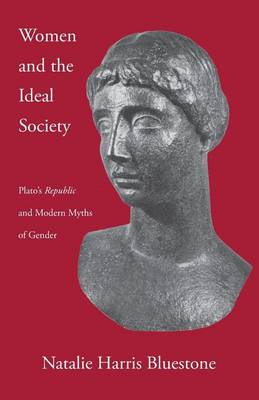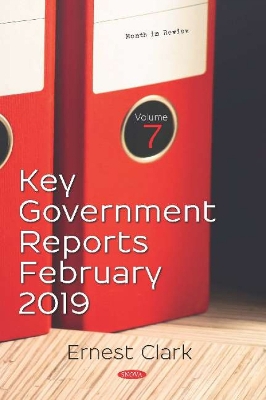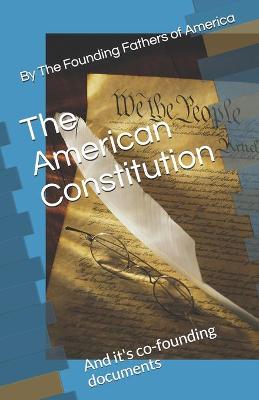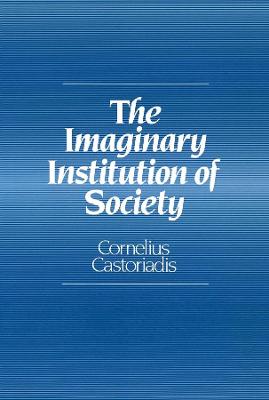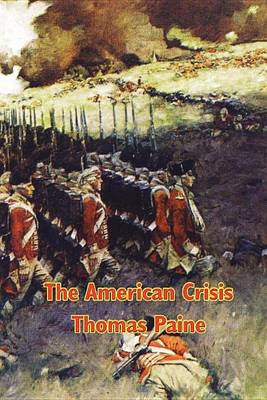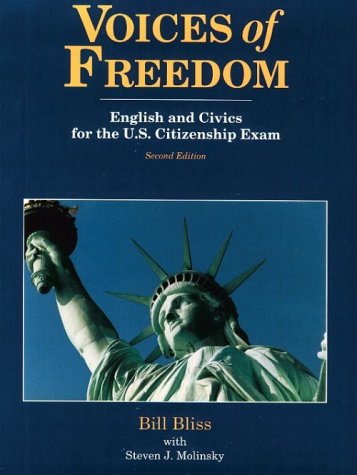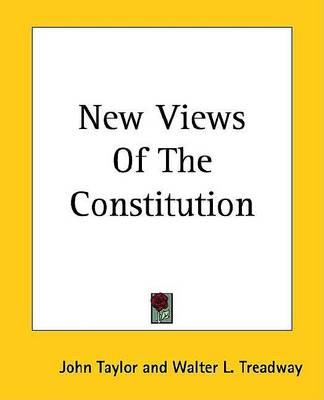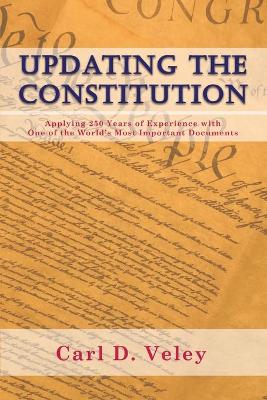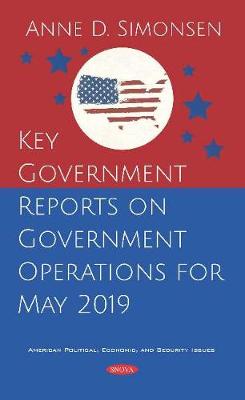Amendment XXVI: Lowering the Voting Age (Constitutional Amendments: Beyond the Bill of Rights)
The Tough Luck Constitution and the Assault on Healthcare Reform
by Andrew Koppelman
The legal challenge to the Affordable Care Act, and the Supreme Court's decision to uphold the law, is quite possibly the most momentous Supreme Court case on the issue of federal power in our era. Yet, despite the Court's ruling, the issue of health care reform is still an incredibly divisive issue. For the left, the federal government has the power to regulate interstate commerce, and the health insurance industry surely falls under the definition of interstate commerce. For conservatives, th...
Experiments in Government and the Essentials of the Constitution
by Elihu Root
Key Government Reports for December 2018
This book is a comprehensive compilation of all reports, testimony, correspondence and other publications issued by the GAO (Government Accountability Office) during the month of December, grouped according to topics. This book is focused on the following topics: Government Operations; National Defense.
Constitutions of the World from the Late 18th Century to the Middle of the 19th Century
Joseph de Maistre had no doubt that the root causes of the French Revolution were intellectual and ideological. The degeneration of its first immense hopes into the Reign of Terror was not the result of a ruthless competition for power or of prospects of war. He echoed Voltaire's boast that "books did it all." The philosophers of the Enlightenment were the architects of the new regimes; and the shadow between revolutionary idea and social reality could be traced directly to a fatal flaw in their...
How to Save the Constitution (Freedom in America, #4)
by Paul B Skousen and W Cleon Skousen
In Book V of Plato's Republic, Socrates proposed that in an ideal society the most capable men and women must rule together equally. But as Natalie Harris Bluestone demonstrates in this cogent study, for generations the most influential classicists, historians of philosophy, and political theorists have ignored or rejected the idea of Philosopher Queens--of women serving as equal partners in the guiding of a just society. She also argues that in recent years many feminist writers, while correcti...
Key Government Reports -- Volume 7
This book is a comprehensive compilation of all reports, testimony, correspondence and other publications issued by the GAO (Government Accountability Office) during the month of February, grouped according to topics. This book is focused on the following topics: Energy; Government Operations; Health Care; Justice and Law Enforcement; Retirement System; Telecommunications.
The American Constitution
by Thomas Jefferson, James Madison, and George Washington
This is one of the most original and important works of contemporary European thought. First published in France in 1975, it is the major theoretical work of one of the foremost thinkers in Europe. Castoriadis offers a brilliant and far-reaching analysis of the unique character of the social-historical world and its relations to the individual, to language and to nature. He argues that the most traditional conceptions of society and history overlook the essential feature of the social-historical...
The American Crisis (Founding Fathers Collection, #4) (American Crisis)
by Thomas Paine
Thomas Paine wrote the American Crisis in an effort to justify the American Revolution and to bolster the moral of the Continental Army. THESE are the times that try men's souls. The summer soldier and the sunshine patriot will, in this crisis, shrink from the service of their country; but he that stands it now, deserves the love and thanks of man and woman. Tyranny, like hell, is not easily conquered; yet we have this consolation with us, that the harder the conflict, the more glorious the triu...
Making the Commons Work (Constitution S.)
by Peter Bennett and Stephen Pullinger
A 'German Europe' seems to have emerged from the euro crisis. During the last few years, Chancellor Angela Merkel has been compared with Hitler in the European media and on the streets of European capitals. There has been much debate about German 'hegemony' and some have even perceived the emergence of a kind of German 'empire' within Europe. And yet Germany is clearly a different country than it was in the nineteenth or early twentieth centuries. So is there a new 'German question' and, if so,...
Key Government Reports on Government Operations for May 2019
This book is a comprehensive compilation of all reports, testimony, correspondence and other publications issued by the GAO (Government Accountability Office) during the month of May, grouped according to the topic: Government Operations.
